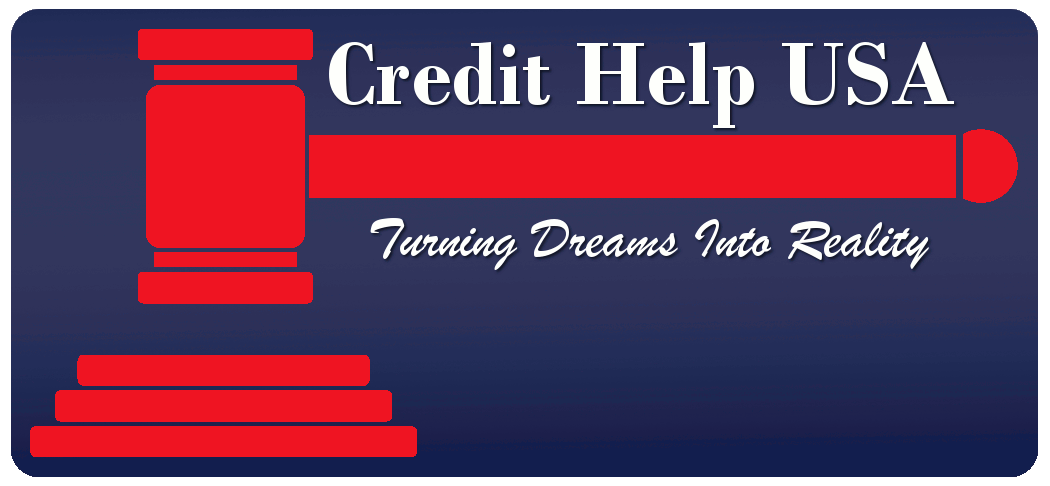
Walk Away From Debt
WHAT HAPPENS IF YOU DON’T PAY A DEBT?
This varies from state to state.
The truth is if someone is unable to pay a debt, no amount of threats or coercion is going to change that.
Okay, this is a touchy subject, you’ve accumulated a lot of bills, now you’ve reached a point where you can’t make the payments anymore. The interest rates have soared. You can’t see the light at the end of the tunnel. Maybe the situation is that you have lost your job, or you got sick. Bad things happen to good people. What do you do? Do you try your best to keep up with the payments, or do you put food on the table for your children? It is your moral obligation to pay these bills, we understand that. But what if you just can’t? We are not telling you to not live up to your obligations, but sometimes the situation is so tough, you have to make a choice, and these are hard decisions to make.
Obviously, as we have discussed earlier on this website, bankruptcy is always the very last resort, and is almost always avoidable. Bankruptcy stays on your credit for a very long time. It is also more expensive, who ends up profiting? Your Lawyer. What is the definition of bankruptcy to you? It is a legal way to walk away from your debt. But the truth is, you end up paying monthly payments and legal fees, the debts stay on your credit reports, lowering your credit scores, and increasing you interest rates, and in most cases, reducing your qualifications for future credit. Bankruptcy is a very costly decision. You need to make a decision that will affect you for the least amount of time. You need to think about your financial future, and what your financial situation will be like this time next year. Will you be able to qualify for a loan, car, mortgage, a credit card? What if there is an emergency and you can’t qualify for credit?
So what about my debt? If I don’t pay my payments, will that hurt everyone else in the country? Will everyone else follow suit and cause the credit industry to increase their interest rates for everyone? No. First of all, it is not a total loss to the creditors. They are able to write some of it off on their taxes and get reimbursed that way, also, they have insurance, and get money returned to them that way, thirdly, they usually opt to sell your account to a collection agency and get part of it back that way. So it is not a total loss to them. And remember, most of the balance that you owe is not in the principle, it is in the interest that they charge and the balance has accumulated because of their unfair sky-high levels.
We all know that if you owe on a debt that is used as collateral, the collateral can be taken. Example is a vehicle repossession. What about non collateral debts such as credit cards? Because we are based in Texas I will only discuss Texas laws. Texas is a no-recourse state. You might need to check the laws in your state.
There are very few ways that a credit card company or collection agency can force you to pay. Remember this, you are always given due process. We can advise you of your options. The truth is the threat of a lawsuit or other action from a collection company should pose very little concern.
What will happen, is that you will be hounded will calls and letters from collectors, often they are threatening, and very scary. In addition, the debt will go on your credit reports, lowering your credit score. You may not qualify for credit, and if you do, it will be at a very high interest rate. We can stop the creditor harassment. Creditors must follow many state and federal laws governing the collection of a debt, but usually fail to follow the law. They are very unprofessional and their goal is collect money anyway they can no matter how immoral or unjust. To put it very straight forward, MOST ARE SCUM.
Our program is superior to bankruptcy. The first thing you will notice, is that it is less expensive. We have the ability to stop the harassing calls, and remove inaccurate negative accounts from your credit report, therefore, increasing your credit score and reducing the interest rates you pay. Anything we remove will be permanent. It is as though the debt never existed, preserving your credit history and enabling you to qualify for credit/major purchases at a decent interest rate.
Once again we want to stress that you should pay your bills. First wipe the slate clean and start over, understand the rules and play smart. Be prepared for the unsuspected. This includes loss of a job, illness etc. Save, save, save. Pay your bills on time, limit your debt and pay attention to the changing credit laws.
Credit HelpUSA©
Turning Dreams Into Reality
















